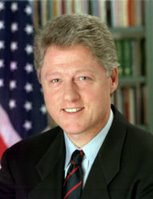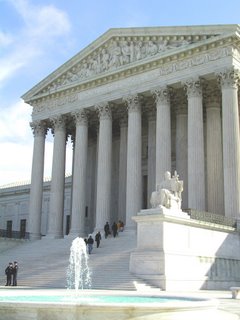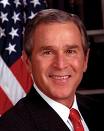
From Ed Silverman at Pharmalot:
Four big drugmakers are ponying up a combined $8.1 million to create a new center devoted to health and pharma law at Seton Hall University’s law school, which is located in a New Jersey suburb about 30 minutes from Manhattan.
The new Center for Health & Pharmaceutical Law is being funded by Schering-Plough, Sanofi–Aventis, Johnson & Johnson and Bristol-Myers Squibb. The law school claims this will be the only US academic policy center of its kind focusing on legal issues surrounding big pharma.
So, does anyone think Seton Hall’s syllabus will be objective, or perhaps, just a tad slanted toward those that are funding them? According to an assistant dean, as quoted in Newsday, “We would like to do so as a neutral academic institution.” Uh huh. I’m sure that, notwithstanding the 8 million bucks, they wouldn’t hesitate to criticize their benefactors when warranted. [Edit: Excessively snarky comment removed]
Now check out this bit from the Pharmalot piece:
Bristol-Myers Squibb is establishing the chair as part of a resolution of an investigation by the U.S. Attorney Christopher Christie, a Seton Hall alum, who required the drugmaker to sign a Deferred Prosecution Agreement in the wake of an accounting scandal. The DPA expires in June and Christie recently said he’s ‘very happy’ with Bristol’s progress.
The lion’s share of the money, $5M, came from Bristol-Myers Squibb. Perhaps it was just a coincidence that the U.S. Attorney’s alma mater was the one to benefit from this agreement with a big drugmaker? Now that can’t be right, can it?
Addendum: William Childs at TortsProf followed up with a comparison of the Seton Hall pharmaceutical deal with Temple University naming its law school after plaintiff’s attorney James Beasley, founder of the Beasley Firm. He could have added the Touro College Jacob D. Fuchsberg Law Center, named after the personal injury attorney, and later Court of Appeals judge, of that name.
Second Addendum – (4/27/07) — The story is covered today at the WSJ Law Blog, and this quote popped off the page for me:
A spokesperson for the U.S. Attorney told the Law Blog that the fact that Bristol Myers donated to Christie’s alma mater is nothing more than a coincidence. He points that there are only two law school in New Jersey and the other — Rutgers — already had a business ethics endowed chair.
Why did the money have to go to a law school? Are there no other worthy causes to give 9 million bucks to? The explanation looks particularly lame.




